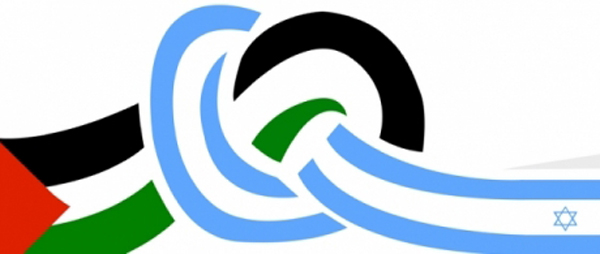
Following the agreement between Fatah and Hamas and the failure of the latest negotiations fostered by John Kerry and the Obama Administration, what solution is possible for a stable and lasting peace between Israelis and Palestinians?
Hrach Gregorian | President, Institute of World Affairs, Washington DC
US Secretary of State John Kerry’s nine-month quest to broker an Israeli Palestinian peace agreement has ended in failure. One wonders if Kerry did not suspect all along that this would be the likely fruit of his labours. Still, every Democratic Administration in Washington since Jimmy Carter has succumbed to the siren song of negotiated peace between two hopelessly intimate antagonists.
Kerry faced a landscape that was growing more complicated with each passing day. The depth of change in the West Bank, the wall, Jerusalem, the settlements, the multibillion-dollar highways that have no entry or exit ramps for Palestinians, water rights and economic dispensations are among the many threads that became unravelled. Added to that was the asymmetry of power, and after the political situation: on the Palestinian side, a very weak leader who is unable to rally his people around an agreement, and on the Israeli side a leader of a coalition whose members have no interest in a pact requiring any sort of concession.
The announced merger of Hamas and Fatah rendered matters well-nigh impossible. The Israelis will not deal with Hamas, and US law –the Palestinian Anti-Terrorism Act of 2006– as well as powerful voices in the US Congress make near-term prospects rather discouraging. For its part, Hamas cannot take any steps that might be viewed as capitulating to Israel or the US, including approval of the Quartet’s core conditions, ranging from the recognition of Israel to renouncing the use of violence, especially in light of Israel’s continued establishment of new settlements.
Official negotiations are off the table for the time being. Political change in both societies would appear to be a prerequisite to break the impasse. Still, neither side has anyone to turn to but each other. Both face existential threats that perpetuation of the status quo will only make worse. A two-state arrangement continues to be the least adverse path forward.
Shereen Dagani | Palestinian journalist in Radio Exterior de España’s Arabic service
The two-state solution to the current Israeli-Palestinian conflict is at risk. Two important events that have recently occurred in parallel, as it could not have been otherwise, reveal that, in fact, Israel was never seeking such a solution.
The first is the reconciliation between Fatah, headed by Mahmoud Abbas, and the Islamic Resistance Movement, Hamas, which has been signed after a long history of encounters and subsequent disagreements. The split between the two movements was the perfect excuse for Israel to disengage from the Palestinians, claiming that the Palestine National Authority (PNA) had no representative legitimacy and did not speak on behalf of all Palestinians. But now the reconciliation between the two Palestinian factions has greatly angered the Israeli authorities, who claim that reconciliation is merely a sign that Abbas is departing from the path of peace and drawing closer to the terrorism represented by Hamas.
The second event, related to the first, is the announcement by Benjamin Netanyahu’s government that it is shelving the negotiations it had maintained with President Abbas’s PNA. For Israel it was a banal process aimed at legitimising its policy by presenting its annexation of the occupied territories in the West Bank and Jerusalem –expanding its settlements and expropriating land– as a fait accompli to ‘Judaise’ the State to the detriment of the legitimate right of the Palestinian people to achieve freedom, self-determination and their own sovereign state in accordance with international law and UN resolutions. The State of Israel intentionally avoided the core topics that are at the centre of the conflict, furthermore ignoring the advice of its own allies.
Israel has never actually subscribed to the two-state solution and has only used it for its publicity value and as the channel to consolidate and safeguard its annexation of Palestinian territory. Consequently, over the past 21 years the two-state project has concealed the hidden purpose of getting the international community to support, albeit reluctantly, the Israeli strategy of establishing ghettos for Palestinians.
In my view, the question involves a mistaken cause and effect, as if the fate of the two-state solution were linked to bilateral negotiations and the Palestinian internal situation. Even if a solution must be based on negotiations, the feasibility of the two-state option is de facto remote because Israel –through its policy of faits accomplis– makes it impossible for the Palestinian state to be viable as a physical territory and therefore as a sovereign country.
The geographic and demographic disruption caused by the intensification of Israeli settlement in the West Bank and Jerusalem is seriously hindering the possibility of ever implementing a two-state solution.
The solution could perhaps be to aim for a state for both Palestinians and Israelis based on common citizenship and seeking solutions to problems under dispute, such as Jerusalem, border policies, water and refugees.


